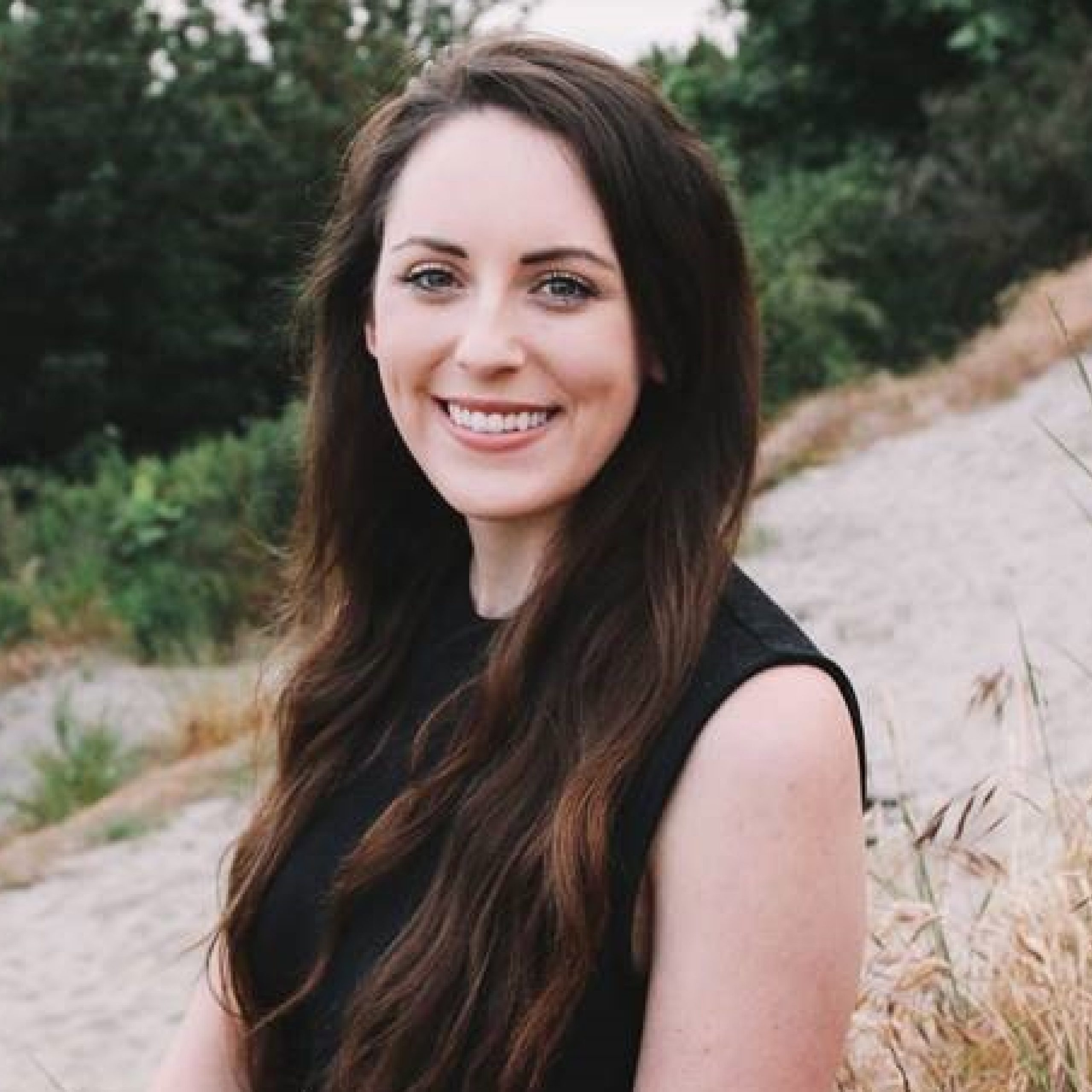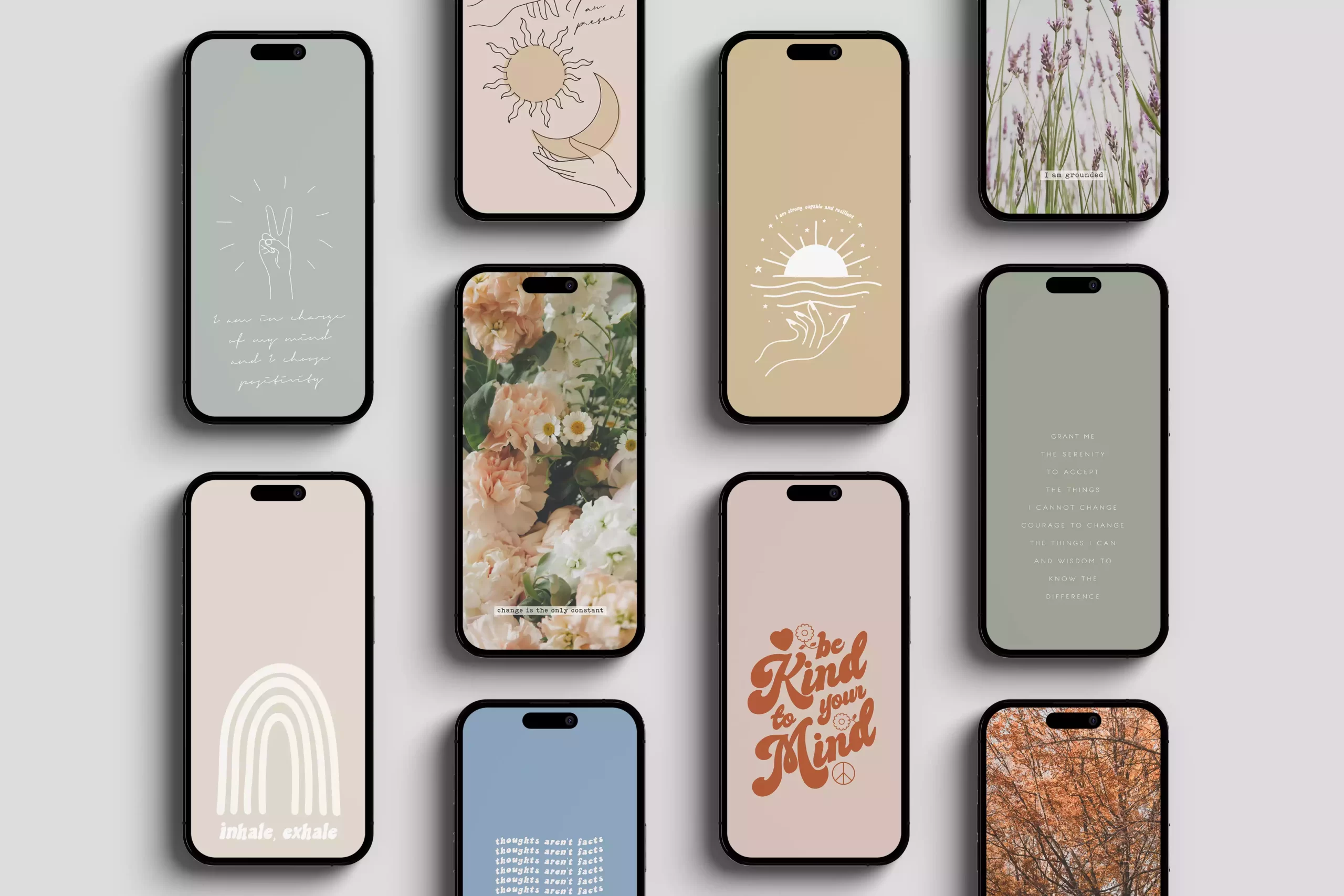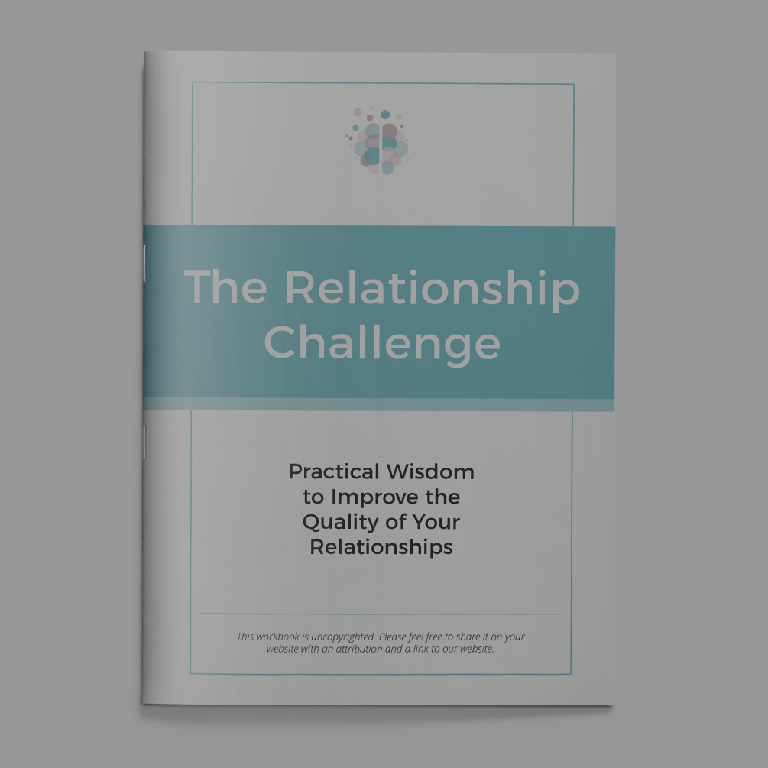Trauma impacts the way you see the world, yourself, and others around you. It’s an experience that jolts you into a place of uncertainty, possibly fear, and creates a wound that ideally becomes a scar within time. A scar to symbolize a wound that’s been healed, though has created change in some way that will remain.
In the words of Bessel Van Der Kolk in the book The Body Keeps the Score, “Trauma robs you of the feeling that you are in charge of yourself.” The imprint leaves the ground feeling unsteady and fearing others are untrustworthy.
We were created for community, for one another. Though we're no longer completely dependent on another human being as an adult, there’s an infant need for connection that lies within us. That’s what makes trauma so destabilizing. Trauma cuts you off from others and makes our natural tendencies towards connection feel scary.
Relationships Provide Repair
Relationships provide the opportunity for healing by mirroring, repairing, and revisiting.
There’s an idea that trauma happens in a relationship, and healing must also happen within a relationship. Judith Herman, the author of Trauma and Recovery says:
“Recovery can take place only within the context of relationships; it cannot occur in isolation.”
We learn how to build trust again through our relationships.
Trauma changes the way we experience our bodies, our emotions, our thoughts and feelings. We may begin to distrust ourselves, shame ourselves, and disconnect from our bodies. When relationships have caused us pain, we may retreat in hopes to avoid any future heartache. And yet, relationships also hold the key to our healing.
Learning How to Be Present
As we look ahead to healing, begin by being present.
What does being present with yourself look like? It means being cued into what’s occurring within you. Both within the body, mind, and soul.
Ground yourself by tuning into body sensations to notice what’s occurring in the moment. This could be wiggling your toes and noticing what that feels like. It could be taking a slow deep breath of fresh air. Noticing your heartbeat and tuning into times it beats faster or slower. Being present is being grounded and aware.
It’s gradually learning how to sit with the fear, joy, and pain that arises. As you come into who you are again, you’ll learn how to build trust through being present with yourself first.
Being Present With Others
As we heal and learn how to build trust again, we can then be present with others. This means we’re tuning into ourselves while also being present with others.
While you let others in, little by little, you can do so by continuing to remain grounded within yourself. Notice your internal sensations as you're with others. Does your body feel safe? What do you notice inside your body while you’re with the other person?
This might mean noticing butterflies in your stomach cueing you into some nerves. Or, maybe it’s a feeling of contentment and joy that comes up in your heart. Maybe it’s a lightness in your chest. Taking a step forward in knowing what does and does not feels safe can assist in rebuilding trust of yourself and others.
We can heal as survivors of trauma in building trust with others by being present in our bodies both in moments we are solo, and in moments we’re connecting with another human being.
Over time, you may notice you begin to trust yourself a little more. You begin to trust that you know how your body feels and use that information to move you forward in trust with another person.
Learning to Cope With Splitting
Splitting is a defense mechanism that involves seeing things in black-and-white terms, without recognizing the complexities and nuances in between. This cognitive distortion can pose challenges in building and maintaining relationships, especially for people who've experienced trauma.
Coping with splitting involves cultivating flexibility in thinking and adapting to the nuances of different situations. Trauma survivors can develop the ability to hold conflicting emotions and contradictory aspects of a person simultaneously, fostering a more open-minded approach to trust.
Learn more about how to deal with splitting in this article.
Affirmations
As we heal, we can come up with mantras to facilitate our continued growth and re-trust in others. These affirmations, or short statements, can be helpful for us in times our body and minds are taking us back to the past trauma.
We can remember that now we are in the present. Grounding skills can assist when our bodies take us back. Maybe you say to yourself something like, I am safe now. Or, I can practice trusting again.
Check out our printable list of affirmations in our free guide Understanding and Healing Trauma. We also have some free printable affirmation cards and mobile wallpapers you might be interested in.
Summary
In the midst of these new relationships, where we practice hope while holding the pain of our past, we can remember that sometimes it’s a two step forward, one step back experience. All the while reminding ourselves to be compassionate, and continue to give ourselves and others the gift of presence.
You’ll learn how to build trust by being present with yourself, being present others, coping with splitting, and using affirmations to facilitate your newfound safety.
Trauma-Informed Self-Guided Support for Mental Health
Research shows that self-help materials are often enough for people to overcome mild to moderate mental health difficulties without professional support.
If you’re interested in a trauma-informed self-guided program, be sure to check out The Mental Wellbeing Toolkit.

About Brittany
Brittany Ellmer is a Licensed Mental Health Counselor and Clinical Manager with expertise working with anxiety, depression, and survivors of trauma. Brittany has experience working in settings such as residential treatment, outpatient treatment, private practice, higher education, and in workplace wellbeing spaces. Brittany approaches therapy from a trauma-informed attachment based lens with the belief that our early life experiences shape who we are.Brittany provides individual therapy through her private practice, the Healing Collective Counseling & Consulting PLLC. Learn more about Brittany’s practice here.




